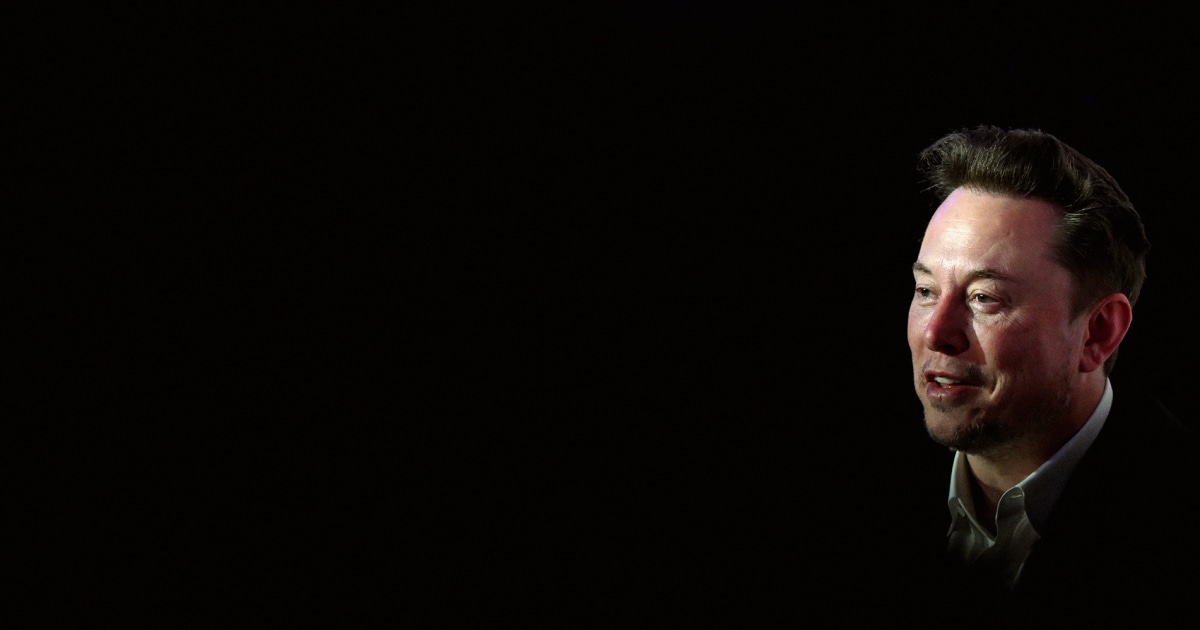Tech billionaire Elon Musk has experienced a significant reduction in regulatory scrutiny since the start of President Trump’s second term. Federal agencies that previously investigated Musk and his business empire have altered their approaches. For instance, President Trump dismissed the individual at the Department of Agriculture who was probing Musk’s Neuralink company. Similarly, efforts to reduce staffing at agencies like the Consumer Financial Protection Bureau may limit their capacity to regulate Musk’s ventures such as Tesla and X.
Recent months have seen Trump’s Justice Department drop a case against SpaceX, while the Labor Department canceled a planned civil rights review of Tesla. A regulatory issue involving SpaceX has entered settlement discussions with the National Labor Relations Board. Additionally, over 40 federal investigations into Musk’s companies have seen no recent public action, raising questions about their status.
Legal expert Jon Michaels from UCLA noted that federal agencies might be delaying actions against Musk due to his influence. He highlighted concerns about federal employees fearing retaliation via Musk’s social media platform. While past Republican administrations have relaxed regulations, Musk’s direct involvement in reshaping the federal government marks a departure.
These changes could save Musk’s companies over $2 billion in potential liabilities and avoid workplace changes. Some agencies have relaxed written regulations benefiting Musk’s businesses; for example, the Transportation Department adjusted rules for self-driving cars, and the FAA increased SpaceX’s launch permissions despite environmental concerns.
Musk isn’t the sole beneficiary of Trump’s deregulatory actions, which have also impacted other corporations. Despite this, Musk has lobbied against certain actions like tariffs that could negatively affect his businesses.
The White House stated that officials will comply with conflict of interest requirements when asked about handling Musk-related matters. Musk and his companies have not commented on these regulatory changes.
This regulatory shift coincides with potential new opportunities for Musk under Trump, including expanded government contracts for Starlink and SpaceX. One case involving Tesla ended on Trump’s first full day back in office, halting audits by the Labor Department.
Experts predicted last year that Musk would benefit under Trump’s regulators. However, concerns persist about potential conflicts of interest given Musk’s dual roles as a government adviser and private sector leader.
— new from NBC News
